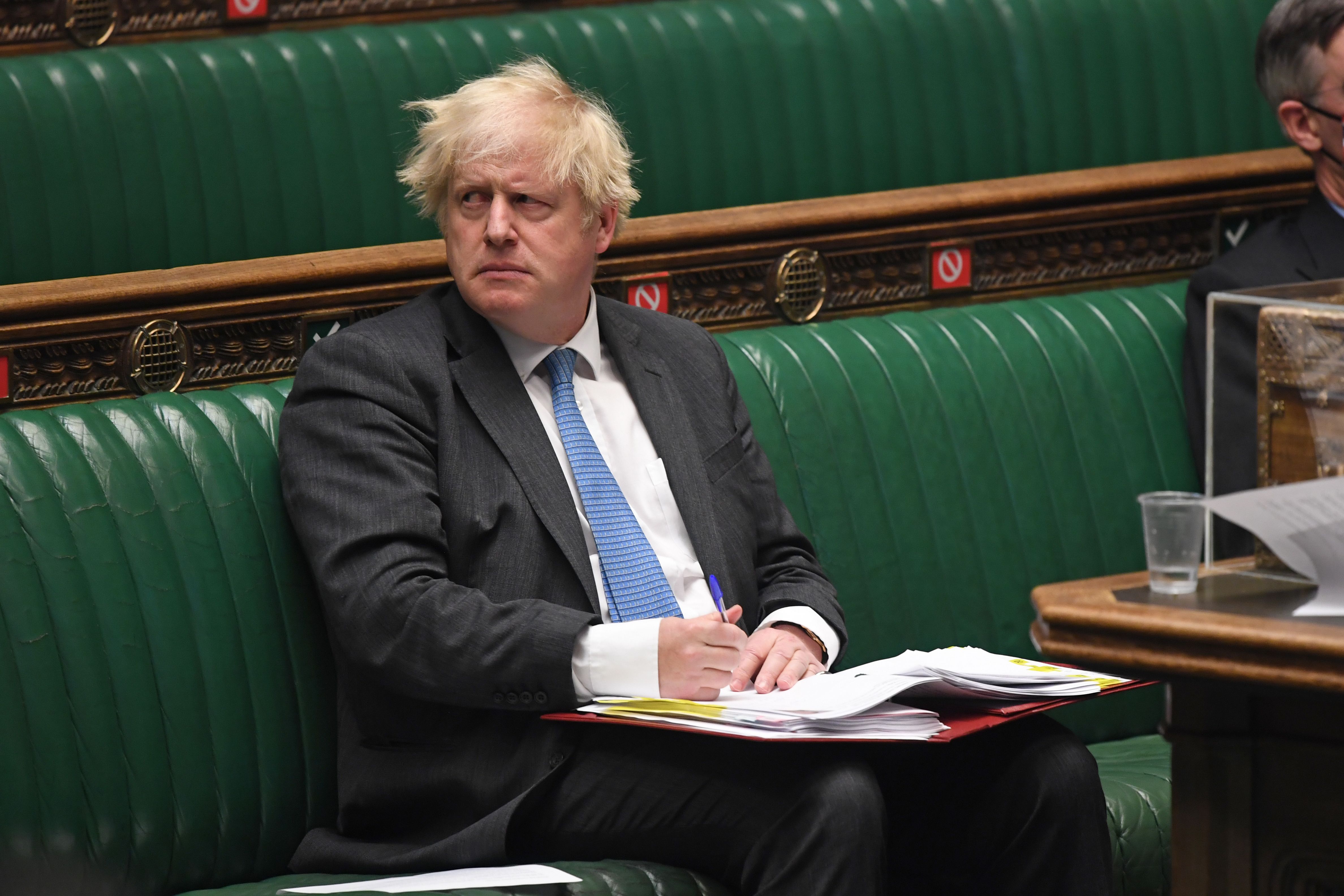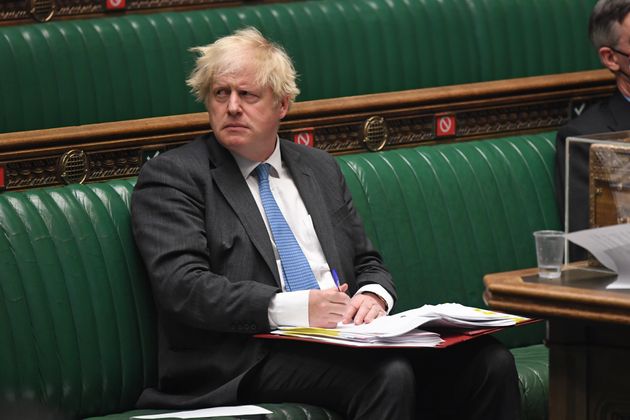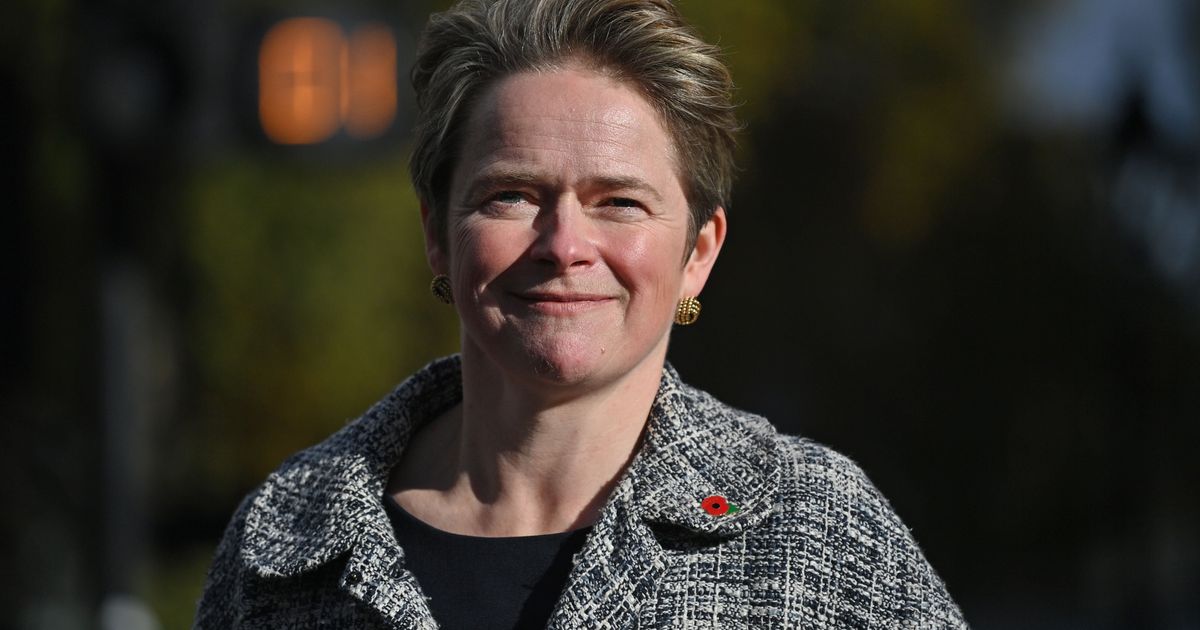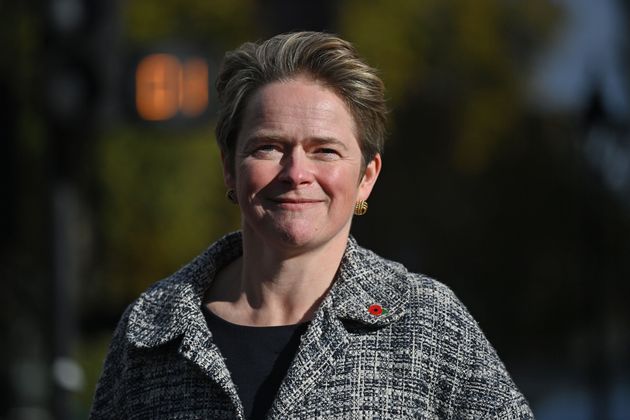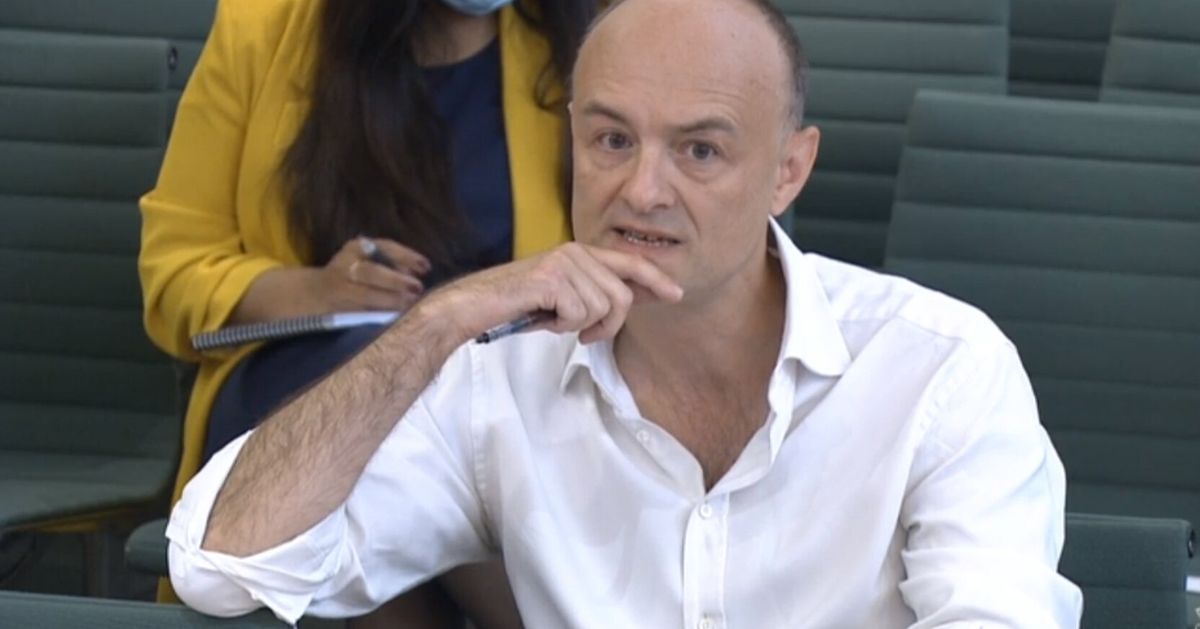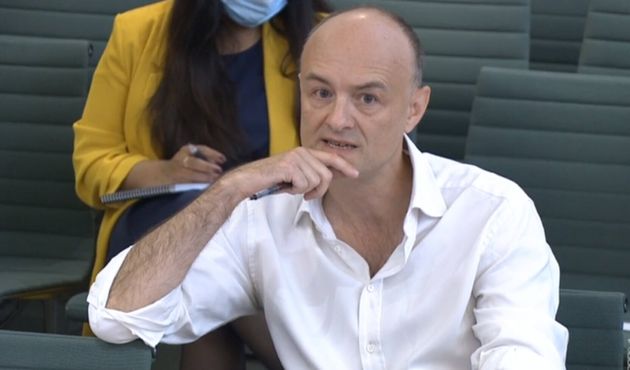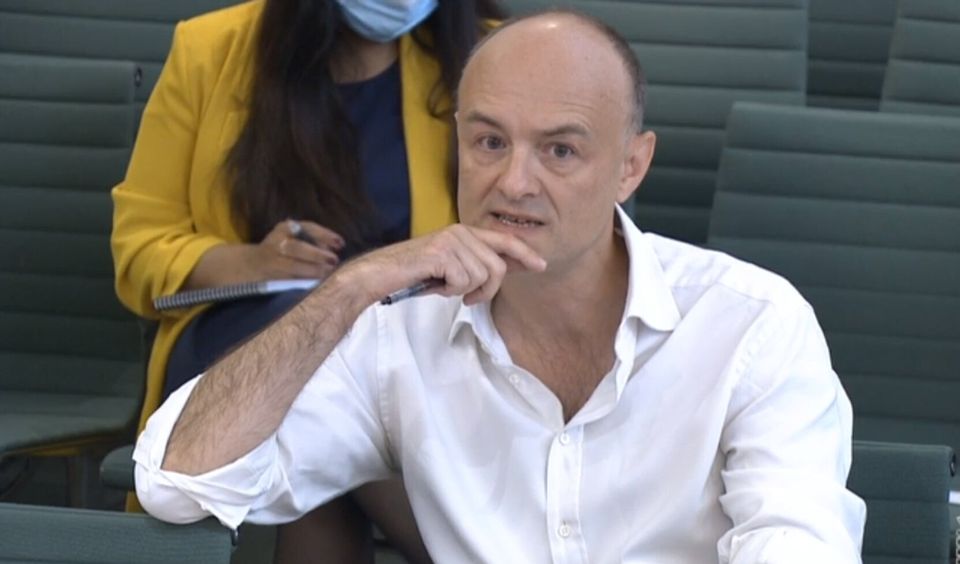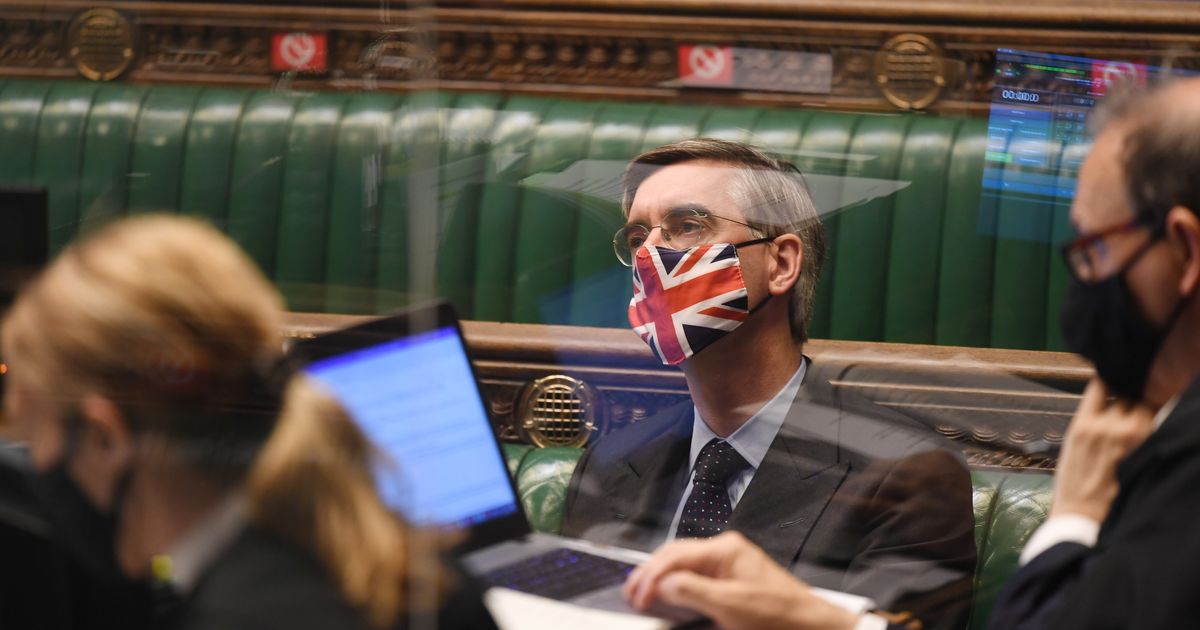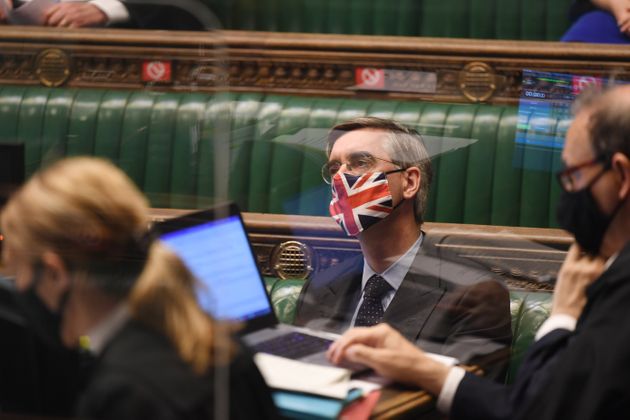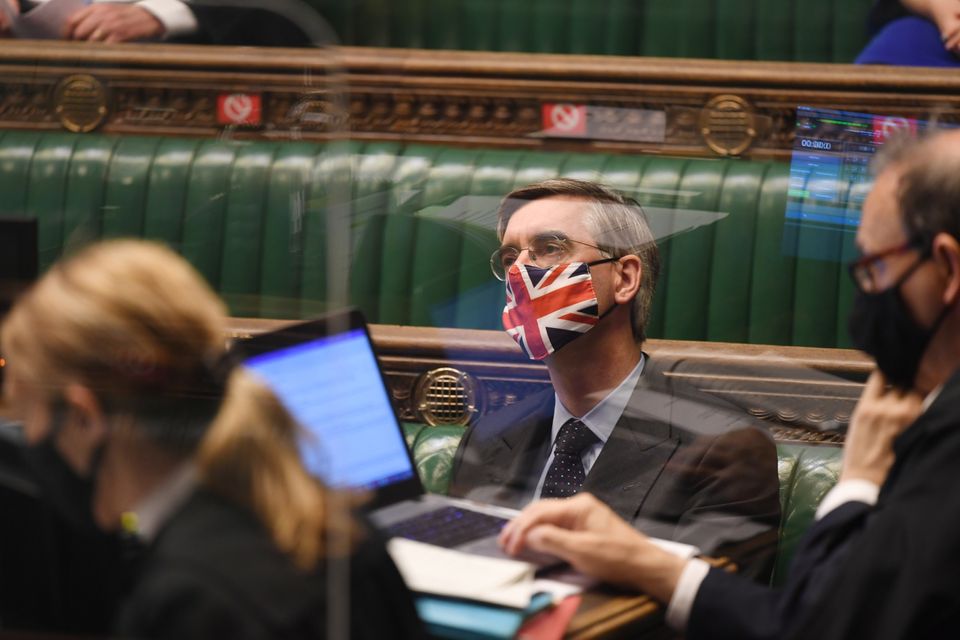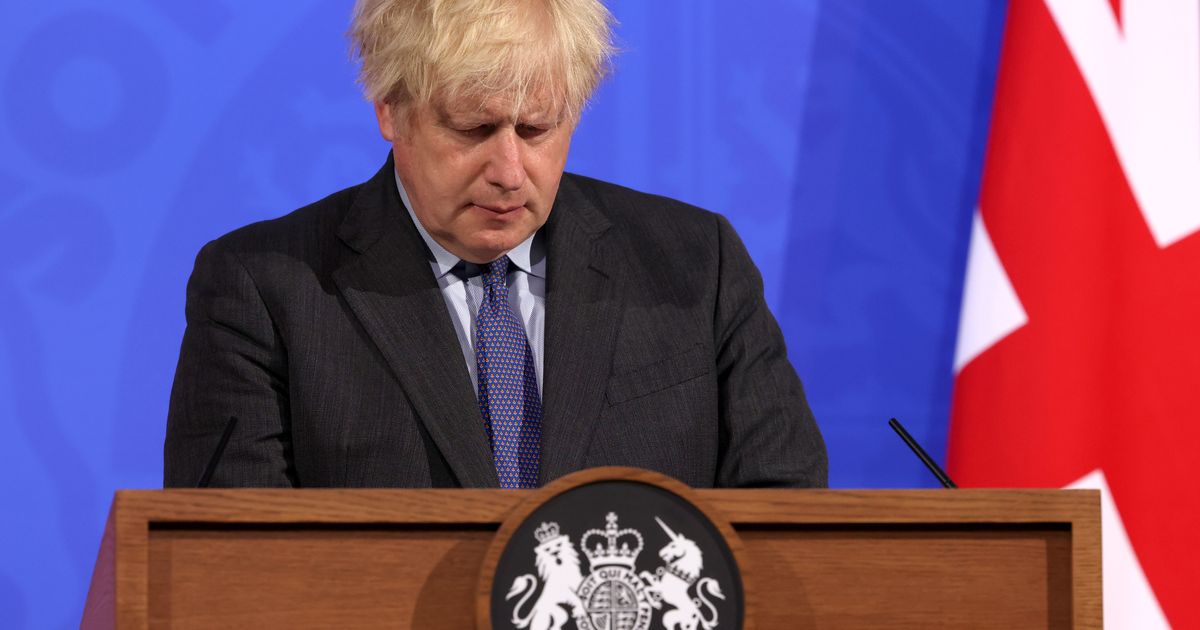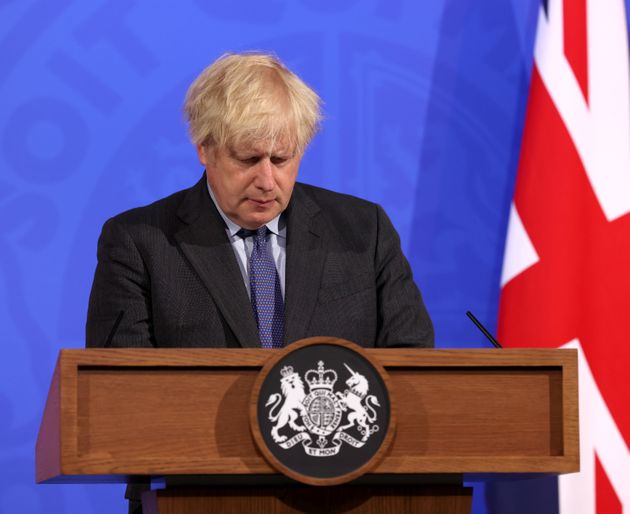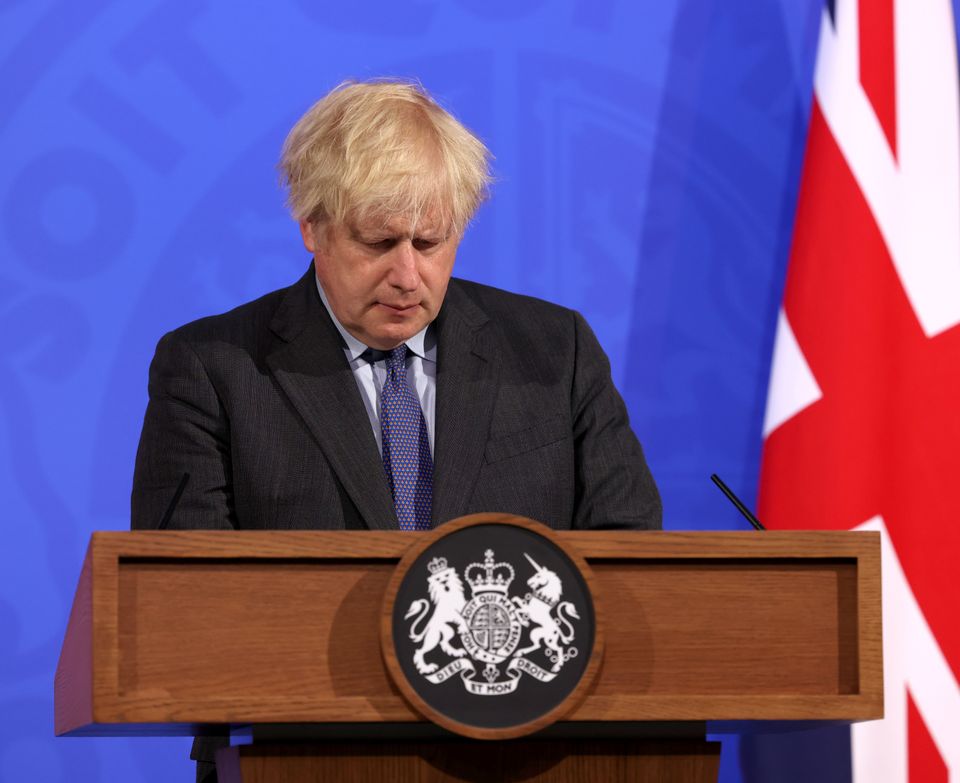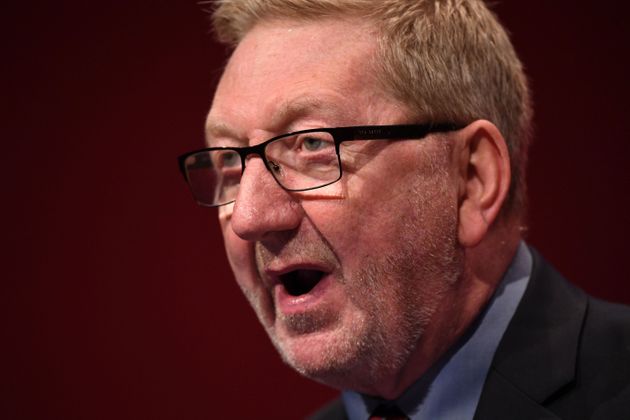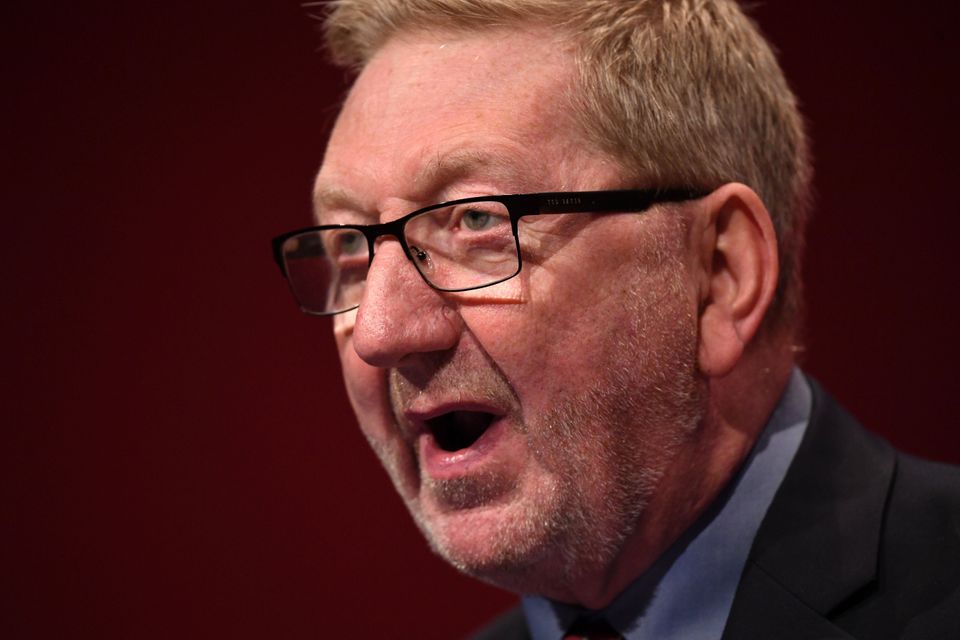
Woah, we’re going to Ibiza. Okay, I’m not, obviously. But if you want to, from next week you can jet off to the fun-loving island, along with a raft of places beginning with ‘M’ (Malta, Madeira, Mallorca, Menorca), without fear of that dreaded return quarantine that kills dead any holiday vibe.
There was, as ever, a catch. And this was that most of the countries on the new “green list” were simultaneously put on a “green watchlist” (keep up at the back). Nations or islands on the watchlist are “at risk of moving from green to amber”, we’re told. In other words, you’re rolling the dice when you dare book a trip there.
Just how many airlines, hotels and insurance companies think that system is viable will depend on whether they are prepared to offer refunds on a destination that could at very short notice flip from paradise to pariah. That won’t stop some people who are desperate for a bit of beach after a hard winter’s slog.
The idea of replacing the third wave of Covid for actual waves of the Med is clearly tempting. And while the greenlist/watchlist looks skinnier than the PM’s Brexit trade deal, it was the other big news from transport secretary Grant Shapps that was more significant: allowing double-jabbed travellers to avoid 10-day quarantine on return from “amber” list countries.
The plan is tentative and vaguely timetabled, and it was notable that the Department for Transport press release stated “our intention” is that “later in the summer” the two-jabs freedom could kick in. Still, getting high protection from Covid and being able to travel abroad is just the kind of cake-and-eat-it outcome this PM finds mouthwatering. Cake-and-vaxx and get your freshness back, Boris Johnson must be tempted to chirrup.
Even before the formal announcement, Johnson himself let slip that he wanted vaccinations to “open up” travel. And while warning this summer would be “different”, he sounded hopeful that he’d get his own sea-and-sangria (though in his case, it’s often a Croatian red) break, saying “my plans at this stage are at the unformed stage…I’m certainly not ruling it in or ruling it out”.
The shift to double-jabbed travel freedoms would effectively abolish the current amber-flashing green classification system, leaving just “red” list nations as the real danger spots. Pfizer or AstraZeneca would become the biological equivalent of Piz Buin and Ambre Solaire of our foreign travel, offering even better protection without any sticky sand downside.
In public health terms, there’s a virtuous circle effect too. Although lots of young people queuing up for jabs are indeed doing it out of a sense of communal duty as well as personal interest, there’s no question that the prospect of being allowed to go on holiday is a huge magnet too. Not for nothing have fiftysomething mums’ Whatsapp groups been exploding whenever a new walk-in vaccination centre opens for over-18s: the whole family could possibly go on hols in the first week of September.
For the majority who are resigned to holidaying at home, all this will look bizarrely risky. Yet it’s worth mentioning that there are plenty of Brits with family and friends overseas who have not seen them in more than a year. Overseas travel does not always mean beach holidays, it means real face time with your loved ones (five million EU citizens now make up nearly one in ten of our population, and there are millions more with family ties to Asia, Africa and the Americas).
Stil, the fact that neither Shapps nor the PM trumpeted this apparent good news in a major televised press conference told its own story. Both are very wary of sending out a premature signal that life is back to normal, particularly when we are still a way off the July 19 Freedom Day in the amended roadmap out of lockdown.
The race to get as many people second-jabbed as possible is also not done, as vaccines minister Nadhim Zahawi made clear on Wednesday. (Curiously, he revealed he had had to take a lateral flow test for England’s match against Croatia “because I hadn’t had enough time for my second vaccination”. The June 13 date of that match suggests Zahawi, who’s 54, had failed to follow the PM’s edict on May 14 for over-50s to get a new dose after eight weeks not 12, but that’s another story.)
The vague “later in the summer” timetabling of the two-jabs-and-you’re-outta-here policy points to its dependence on the path of the Delta variant. Fortunately, hospitalisations look like they are beginning to flatten in some parts of the UK, but the rise in cases can still look pretty scary to a hard-pressed NHS already coping with a backlog of non-Covid treatments. That’s why this announcement felt like the PM dipping a toe in the water, rather than risking a belly flop.
Johnson is under pressure from cabinet ministers like George Eustice and Jacob Rees-Mogg to use July 19 to implement total unlockdown. Eustice went public to call for “all of the legal requirements to do things, to be taken away completely”. Rees-Mogg again sounded like the Tory backbench lockdown sceptics’ tribune, saying “terminus is Paddington not Crewe. It is the end of the line, it is not an interchange”.
The PM knows more than anyone that he’s taking a political gamble with July 19, and removal of all restrictions may not be the advice of his scientists. Having tried to shrug off any link between the G7 and Cornwall’s spike in Delta cases, he could be on the ropes again if admitting thousands of UEFA bigwigs causes a fresh import just because he wants Wembley to host the Euros final.
The pressure to prove Brexit Britain is literally open for business, and pleasure, is strong. Yet the stakes are particularly high for a man who has promised the public that any move out of lockdown will be “irreversible”. He will be crossing his fingers that the second jabs really can squash the sombrero of hospitalisations in coming weeks.



